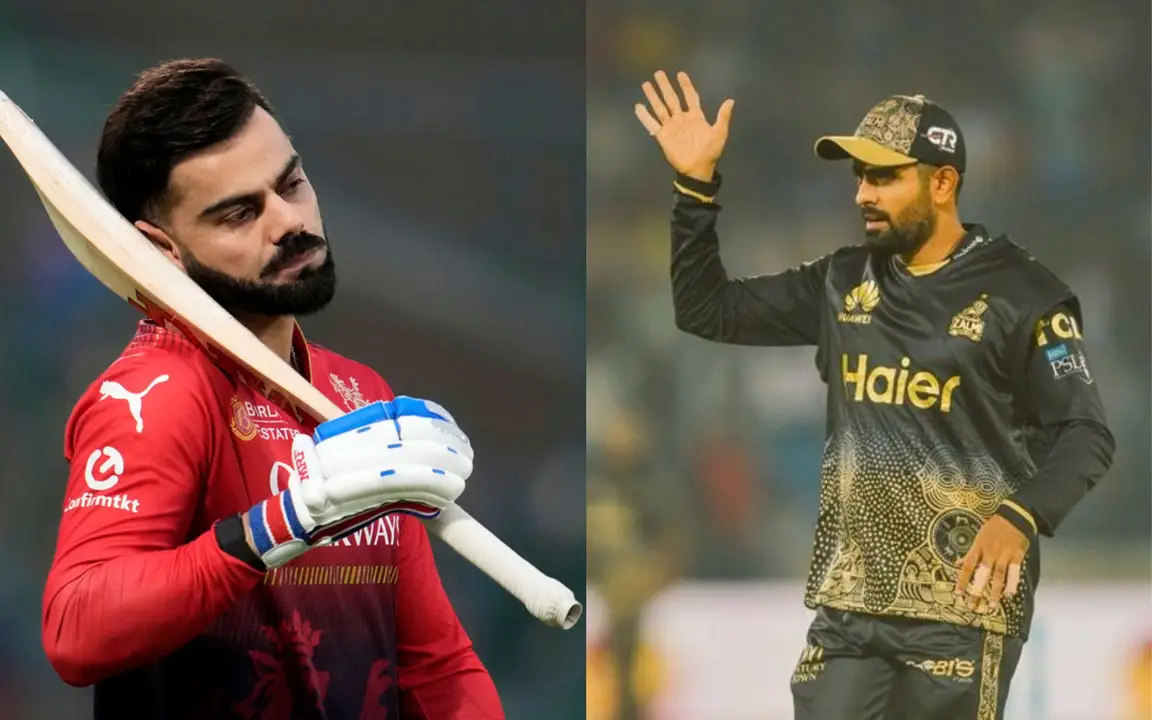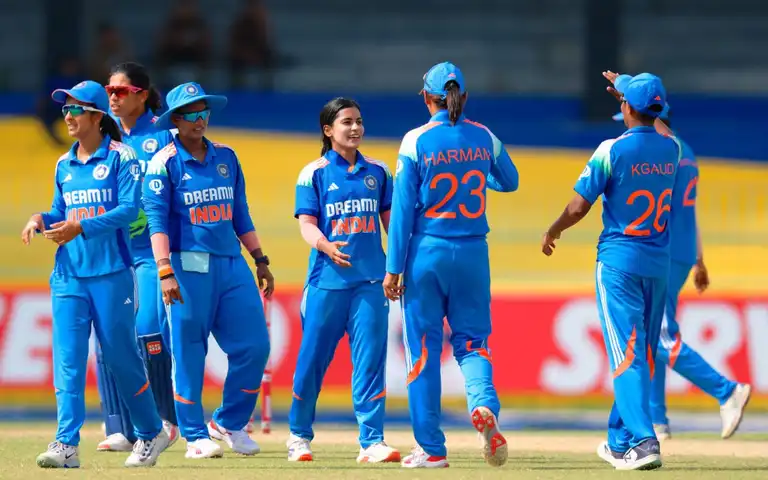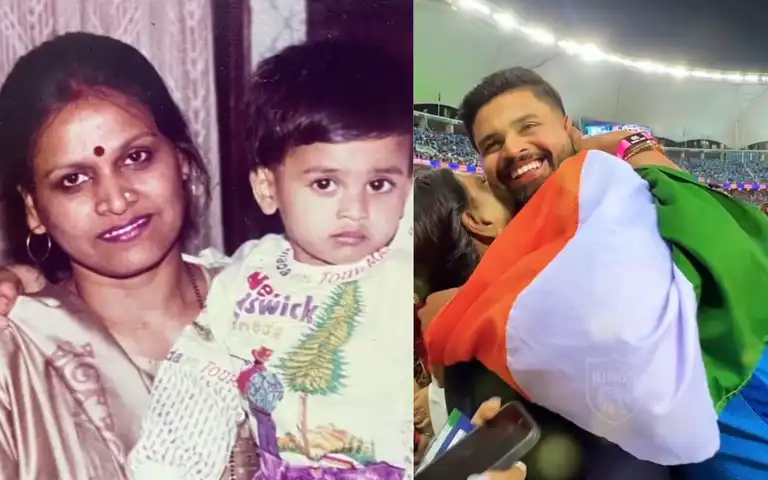 Virat Kohli and Babar Azam (Source: AP Photos and @husnain19X/X.com)
Virat Kohli and Babar Azam (Source: AP Photos and @husnain19X/X.com)
Cricket in the Indian subcontinent took a backseat on May 9 as the tensions rose between India and Pakistan. The IPL was suspended in the afternoon on Friday and on the same day, the PSL also got postponed.
However, the tensions between the two countries have eased a bit after the ceasefire, and there are reports that IPL might resume around May 16. However, many foreign players have returned to their respective countries while there are many injury concerns as well. So, the franchises that are in the playoffs race might look to rope in a quality replacement.
PSL Postponement Opens Up An Opportunity For IPL
Due to the PSL, the quality options of replacement players were limited before the suspension. However, with no news about PSL starting soon, it opens up an opportunity for IPL franchises to rope in players that were playing in PSL before its suspension. At the start of the season, Corbin Bosch despite his PSL contract, decided to play for MI in IPL which was considered as a breach of contract by PCB and he was banned from the Pakistan league.
There is no news of PSL starting now, so, there would be no breach in contract and foreign players can easily play in IPL if the franchise brings them into the setup as a replacement player. Just before the suspension, Punjab Kings named Mitchell Owen as replacement of Glenn Maxwell and he was supposed to join the squad after his PSL commitment.
Thus, a player who was playing in Pakistan Super League before its postponement cannot be stopped from joining the remainder of IPL 2025. It is a great news for the franchises as they can compensate for a loss of a foreign player if he is not available to return back to India for the remainder of IPL 2025.



.jpg?type=mq)

